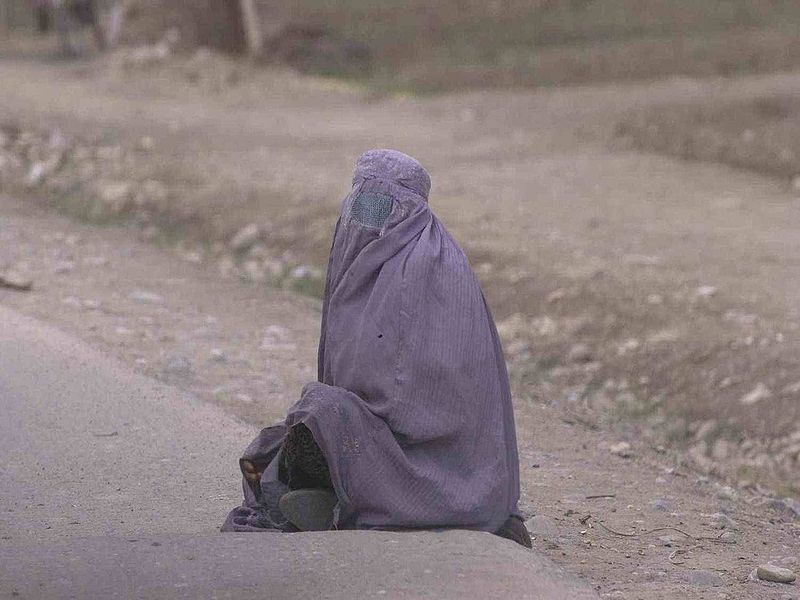A woman was beaten to death and her body was set on fire by an angry crowd after she was seen burning a copy of the Koran near Shah-e Do Shamshira mosque in Kabul on Thursday. The police is investigating the incident and have arrested four of the alleged perpetrators so far. According to witnesses the crowd present at the incident reached into the thousands. The country’s official religious authority has refused to condemn the attack.
Farkhunda, 27, was attacked by locals with sticks. Her parents have said that Farkhunda’s action was unintentional and that she has been mentally ill for the last 16 years. According to one of the witnesses of the incident:
They beat her to death and then threw her on the river bank and burned her. Firefighters later came and put out the fire and took the body.
One of the shopkeepers by the mosque raged:
Before you take action you have to know what happened. Did she have psychological issues? Only when you know that can you take action. You have to abide by both sets of laws. She should have been subject to the laws of the state and of God. We have no shortage of enemies. How do we know there were not outside forces influencing her?
Pictures and videos of the mob beating Farkhunda went viral on social media. They attracted mixed reactions from Afghans across the country and outrage across the world.
Sharaf Baghlany was among the attackers. After the incident, he proudly stated on his Facebook:
Hello Muslims. Today at 4:00 pm, an infidel woman burnt the Quran in Shah-e Do Shamshira. People including myself killed her first and then set her body on fire. May her place be in hell.
Baghlany has not been arrested.
In an interview, one of the representatives of the Ministry of Hajj and Religious Affairs of Afghanistan said that if the woman had acted against Islamic regulations and was not a Muslim, he would not condemn the mob’s response at all.
The incident has left Afghans in shock as they prepare for Nowruz, the Persian New Year, on Saturday.
Read more: globalvoicesonline.org
Written by Samea Shanori
Global Voices






















+ There are no comments
Add yours